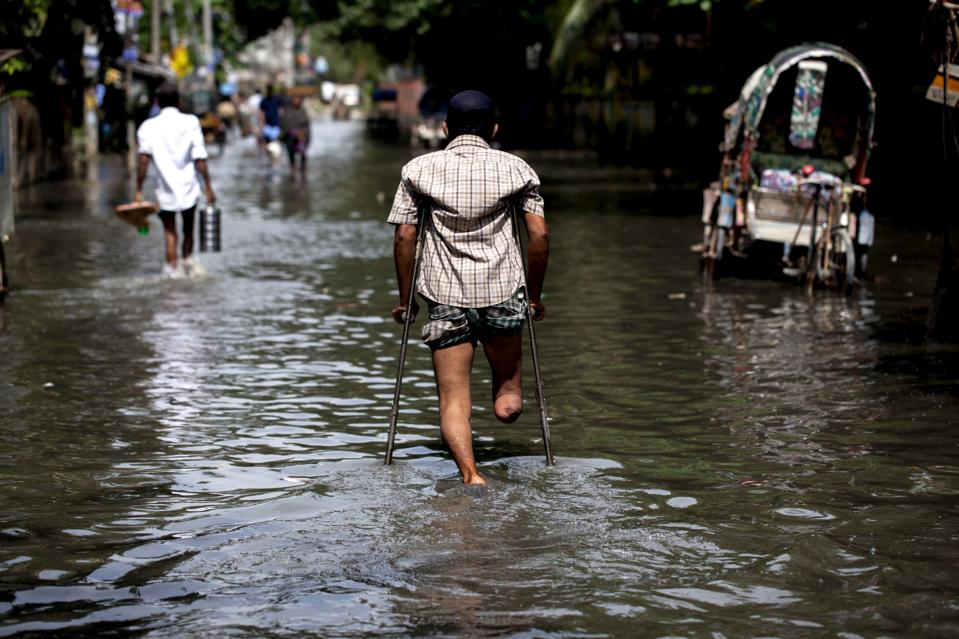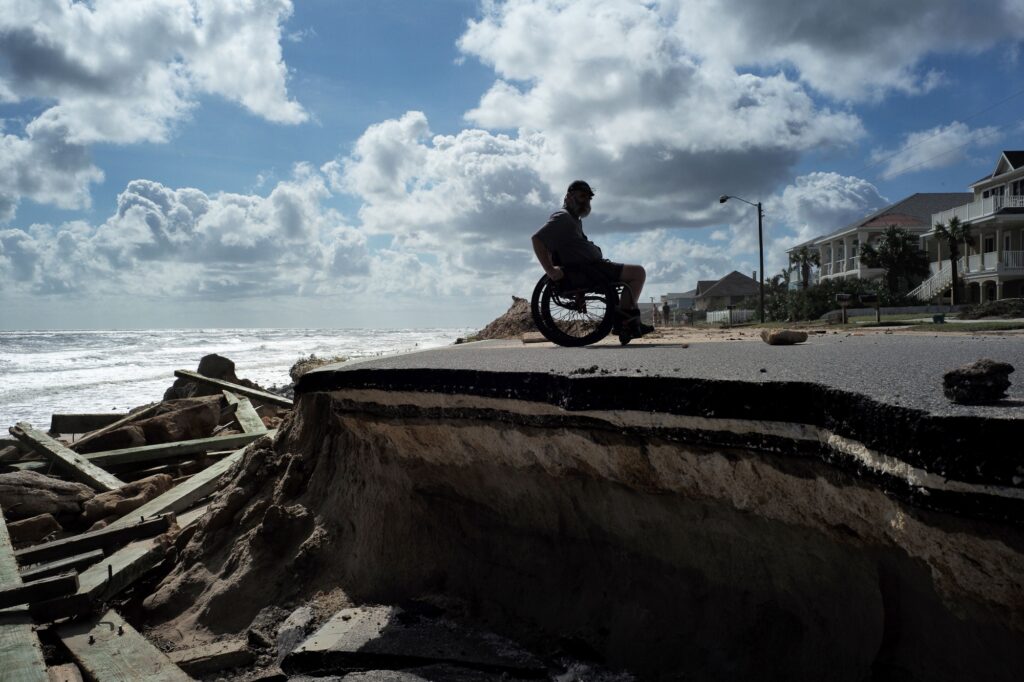
Challenges Faced by Disabled Individuals in Climate Change Jobs
Introduction:
Climate change is one of the greatest challenges facing our planet today, and the need for concerted efforts to address and mitigate its effects has become increasingly urgent. The field of climate change jobs offers numerous opportunities for individuals to contribute to these efforts. However, disabled individuals face additional challenges in pursuing careers in this field, which can hinder their ability to fully participate and contribute. In this essay, we will explore the various ways in which disabled individuals may encounter barriers and obstacles in climate change jobs, and discuss potential solutions to ensure inclusivity and diversity within this sector.
- Limited Accessible Education and Training:
One of the initial challenges faced by disabled individuals in climate change jobs is the limited accessibility of education and training opportunities. Many educational institutions and training programs may lack appropriate accommodations, making it difficult for disabled individuals to pursue relevant degrees or certifications. This can restrict their knowledge and skill development, preventing them from fully participating in climate change workforce.
Potential Solutions:
a) Advocacy efforts: Disabled individuals, advocacy groups, and organizations should collaborate to raise awareness about the need for accessible education and training opportunities. This can lead to policy changes and investments in creating inclusive learning environments.
b) Increased funding: Governments and private entities need to allocate more resources to ensure that educational institutions have the necessary funding and support to implement accessibility measures.
- Physical Barriers and Workplace Accessibility:
Disabled individuals may face physical barriers when it comes to accessing and working in climate change jobs. Traditional office spaces, laboratories, and fieldwork sites may not be designed with the needs of disabled employees in mind. This lack of accessibility not only excludes disabled individuals from opportunities but also perpetuates ableist attitudes and norms within the field.

Potential Solutions:
a) Workplace accommodations: Employers should actively promote and implement inclusive workplace policies that prioritize accessibility. This includes providing physical accommodations such as ramps, elevators, and accessible restrooms, as well as ensuring ergonomic workstations and assistive technologies.
b) Flexible work arrangements: Remote work options can offer flexibility for disabled individuals, eliminating the need for physical presence in the office while still allowing them to contribute effectively to climate change initiatives.
- Stereotypes and Prejudice:
Disabled individuals working in climate change jobs may encounter stereotypes and prejudiced attitudes from their colleagues, employers, or society at large. These attitudes may undermine their professional capabilities, hinder career growth opportunities, and perpetuate exclusion and discrimination.
Potential Solutions:
a) Awareness and education: Promoting awareness and education about disabilities is crucial in dispelling misconceptions and challenging stereotypes. This can be achieved through diversity workshops, awareness campaigns, and targeted training to cultivate empathy and promote inclusivity within the workforce.
b) Policies against discrimination: Employers and governments should establish and enforce anti-discrimination policies that protect disabled employees in the workplace.
- Limited Networking Opportunities:
Networking plays a vital role in career advancement. However, disabled individuals may face challenges in networking due to limited opportunities for social interaction and inclusive events. This lack of access to professional networks can impede their ability to secure employment opportunities, mentorships, and collaborations.

Potential Solutions:
a) Inclusive events: Organizing conferences, seminars, and networking events that are designed with accessibility in mind can ensure that disabled individuals are not left out. This includes providing sign language interpreters, captioning services, accessible venues, and formats suitable for a range of disabilities.
b) Online networking platforms: Developing online platforms specifically tailored to disabled individuals can create virtual spaces where networking opportunities exist, ensuring they can connect, collaborate, and build relationships within the climate change sector.
Conclusion:
In order to overcome the additional challenges faced by disabled individuals in climate change jobs, proactive measures must be taken at all levels – from educational institutions and employers to governments and society at large. By addressing accessibility barriers, dispelling stereotypes, promoting inclusive policies, and providing equal opportunities for networking, we can create a more inclusive and diverse climate change workforce. This, in turn, will enhance both the representation and effectiveness of efforts to mitigate and adapt to climate change, fostering a sustainable and equitable future for all.
All Categories
- Agricultural Methods
- Agriculture and Women Small Farmers Rights Awareness
- Climate Change
- Disable and Human Rights
- Disable Jobs
- Donation
- Education
- Health Issues
- Organic Foods
- Organic Vegetables
- Orphans Children
- Plastic production and disposal
- Services
- Sinking in Scarcity
- Success Stories
- Uncategorized
- Waste Management
- Women Rights
- Youth Empowerment




